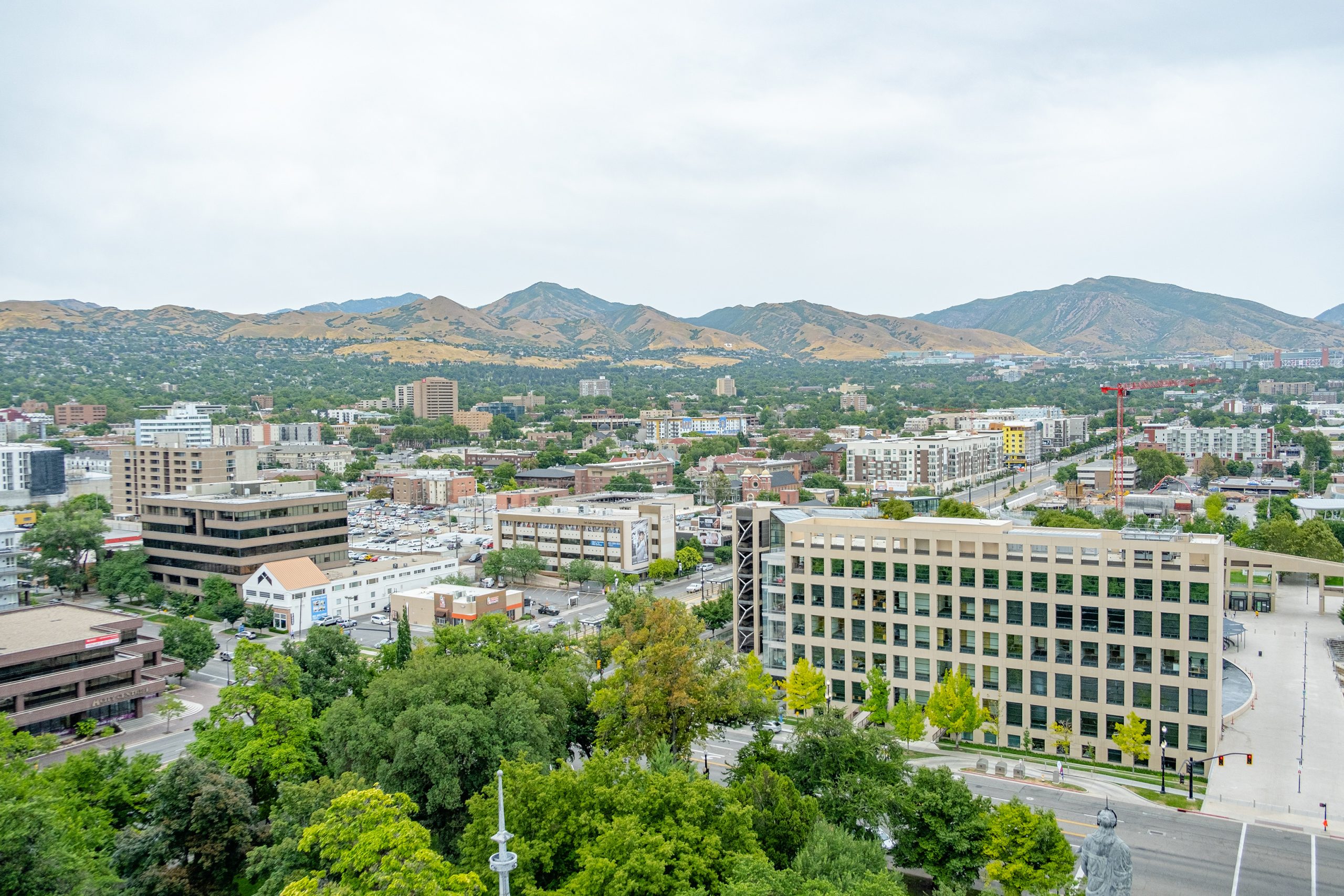The state of Utah recently held its municipal elections, and many new people were elected to city and town councils and as mayor. Municipal election years are often thought of as “off years” and given less consideration and attention by media and voters alike. Federal and state government elections are commonly held in even years, and people find these elections to be more exciting and impactful in their lives.
Residents may be surprised to learn that municipal governments can affect a person’s day-to-day life just as much as state or federal governments do.
So what are municipal governments? And why do these elections matter too?
Municipal governments, or local governments, are the bodies that govern cities and towns throughout the country. In Utah, these governments typically consist of a mayor and a council. Depending on the size of the city or town, councils can range in size from five to nine.
Unlike most state and federal elections, Utah’s municipal elections are nonpartisan, meaning that candidates running for local government do not represent a specific political party. Instead they run solely on their platforms for intended change in the community. This system of election allows for community residents to focus on what candidates say and avoid the partisan politics that comes with other elections.
How Local Governments Can Address Housing Crisis
Once elected, mayors and councils oversee and make decisions for departments that can greatly affect everyday life for their residents. Zoning departments have the authority to zone the area in their municipalities for housing, business, and a myriad of other different things. Utah is currently suffering a housing shortage that has led to record-high housing prices in the state. Much of this issue can be traced back to overregulated zoning ordinances implemented by local governments. City and town officials may have implemented these regulations with the intention to help and preserve their cities, but it will ultimately harm them as people are unable to move into the state and cost of living grows.
Fortunately, local governments hold the power to help solve the housing crisis. Instead of adding more zoning regulations, which will just make the situation worse, local governments can begin smart deregulation of housing that gives builders, house seekers, and homeowners more freedom and choice. Local governments have the power to allow the construction of more accessory dwelling units (ADUs), the building of houses on smaller lots, and the ability of homeowners to rent out their basement to another family. All of these changes can significantly help the housing shortage, and local governments hold this power.
Along with zoning, local governments also manage property taxes, water, roads, and other public services in a community. All of their decisions affect how much a resident may pay for utilities or the quality and safety of parks in the neighborhood.
Far from being inconsequential, local government matters to all residents. When municipal elections come back in two years, take the time to learn about what each candidate will bring to or detract from your area. In the meantime, learn about what your local government is in charge of and how it affects your life. You might find that municipal elections become more important to you then the rest.


